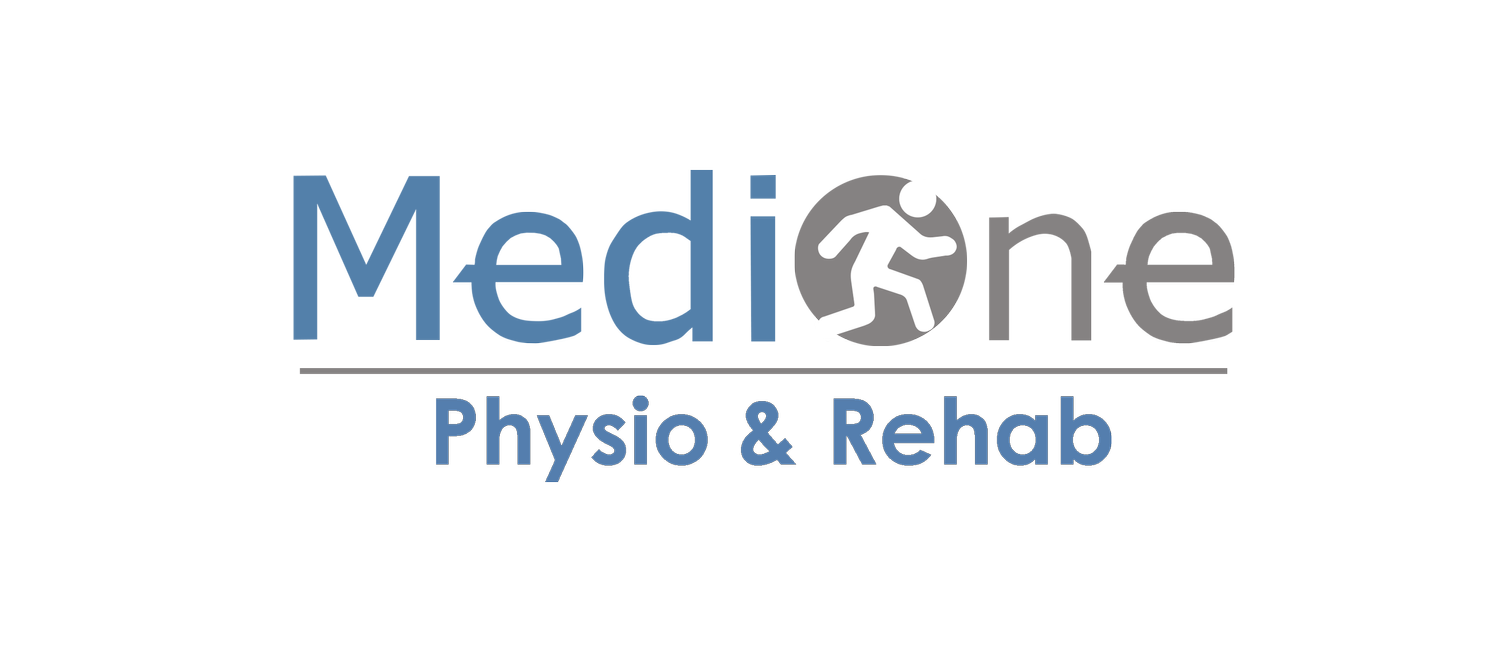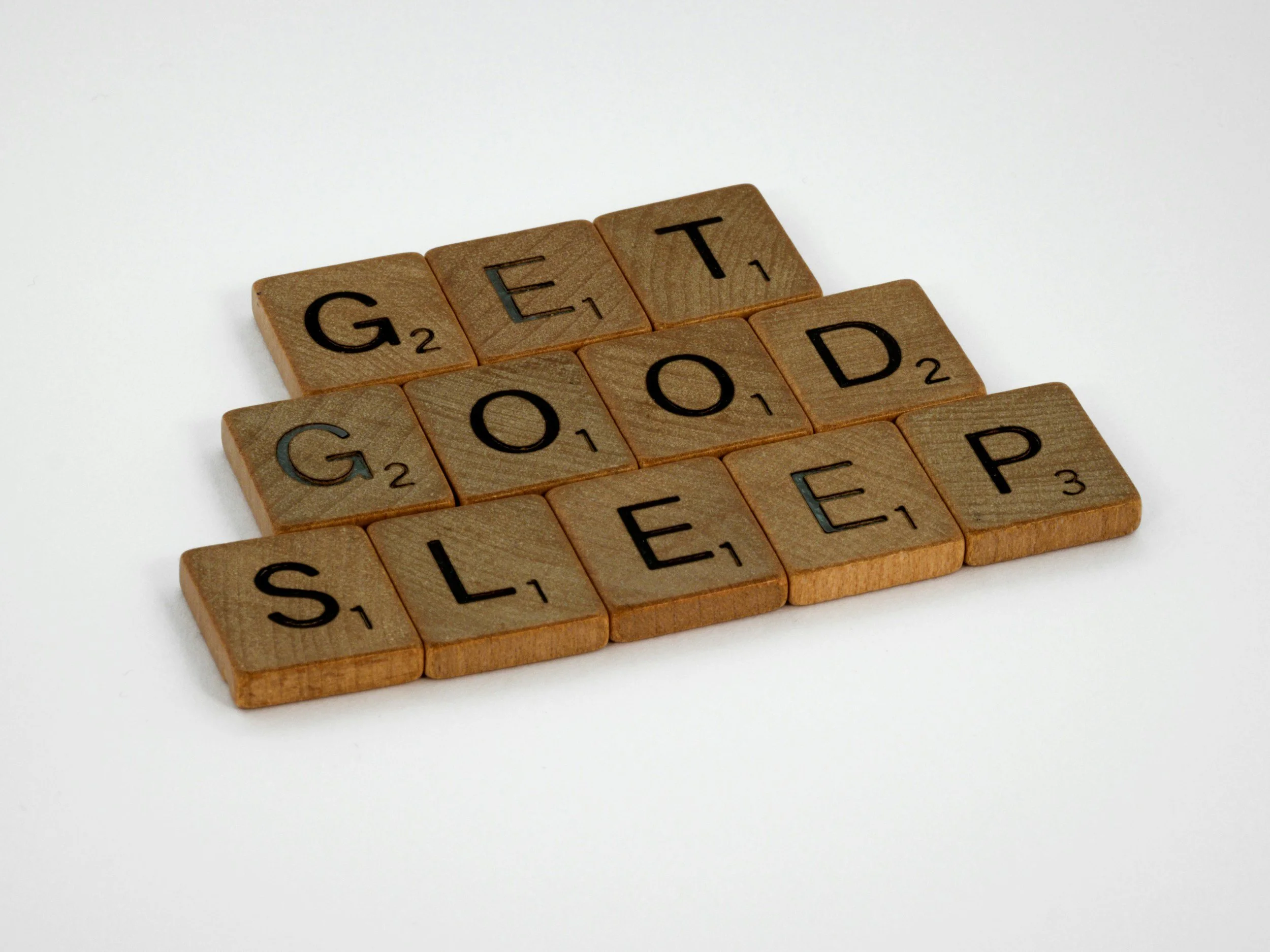When Your Sleep Is Causing Your Pain
Sleep is conventionally regarded as a restorative process for the body, yet emerging evidence shows sleep posture, sleep quality and wake-spinal symptoms are tightly linked with musculoskeletal pain risk. With MediOne Physio & Rehab offering physiotherapy, chiropractic, massage/osteopathy and naturopathic support, recognition of sleep as a biomechanical and neuromuscular factor opens a valuable intervention pathway. This article summarizes the research on sleep posture and musculoskeletal loading, explains how each discipline can intervene, and offers a structured framework for evaluation and management.
Sleep Posture, Spinal Loading And Waking Symptoms
Empirical research shows that sustained sleep positions can produce micro-loads and spinal tissue strain. For example, Cary, Jacques & Briffa (2021) found participants with waking spinal symptoms spent longer periods in “provocative” sleep postures and had poorer sleep quality. Another review concludes that supine and supportive side-lying positions are associated with lower low-back pain prevalence, whereas prone sleeping increases risk of LBP due to lumbar strain. These findings highlight that the biomechanical context of sleep matters.
Physiotherapy can assess a patient’s sleep posture (via history, observation, possibly overnight video/monitoring), advise corrective positions, and prescribe micro-movements or postural resets suitable for night.
Chiropractic can identify spinal segment dysfunction, mobility loss or alignment issues that make certain sleep positions more provocative and then adjust accordingly so the sleeping posture becomes less aggravating.
Massage/Osteopathy can release tissue tension (neck, shoulders, lumbar fascia) that restricts comfortable sleep posture and contributes to overnight micro-stress, facilitating better alignment during sleep.
Sleep Quality And Chronic Musculoskeletal Pain
Research indicates that poor sleep quality and sleep problems are associated with increased risk of chronic musculoskeletal pain. A meta-analysis found sleep problems at baseline increased risk of chronic musculoskeletal pain and the relationship may be bidirectional. Sleep disturbances may impair recovery, increase inflammatory signalling and reduce neuromuscular regulation. Thus improving sleep becomes part of pain management.
Physiotherapy can include sleep hygiene and movement-based interventions (e.g., unloading positions, pre-sleep micro-mobility) as part of the rehabilitative plan for patients with chronic pain.
Chiropractic can help restore spinal alignment/mobility that facilitates restful sleep, thereby reducing nocturnal micro-stress and improving sleep quality.
Massage/Osteopathy can provide pre-bed treatment (soft-tissue release, manual therapy) to reduce muscle tension and sympathetic arousal, improving sleep initiation and reducing overnight tissue strain.
Integrative Sleep-Posture Management Across Disciplines
Managing sleep-related musculoskeletal factors requires a coordinated approach. At MediOne Physio & Rehab we first do a baseline assessment: sleep posture, mattress/pillow setup, mobility/flexibility limitations, waking pain onset, and sleep quality. Then interventions: adjust sleep position, prescribe nightly micro-movement sets (e.g., cat-cow before bed, side-lying hip realignments), adjust mattress/pillow support (ergonomic advice). Empirical reviews support that targeting sleep and posture can reduce spinal symptoms.
Physiotherapy: provide interventions for mobility (thoracic extension, hip hinge), design pre-sleep movement sets, monitor changes in waking pain or stiffness.
Chiropractic: perform adjustments or manipulations targeting areas implicated in sleep-posture strain (cervical, thoracic, lumbar) and follow up to check sleep-related segmental mobility issues.
Massage/Osteopathy: treat soft-tissue restrictions that hinder restoration of optimal sleep posture; use trigger-point, myofascial release, or cranio-cervical soft-tissue work.
Sleep-Posture Tools, Coaching And Clinic Workflow
Implementation in a clinic context means adopting tools and workflows: sleep posture questionnaires, simple overnight observation (or ask patients to take short video), pillow/mattress advice, micro-movement pre-bed exercise sheets. Monitoring outcomes: morning stiffness, waking pain, sleep quality (via standard tool like Pittsburgh Sleep Quality Index). Some studies utilised joint angle sensors to measure sleep posture and spinal outcomes.
Physiotherapy: integrate the sleep-posture component in the intake screening for back/neck pain; incorporate movement education.
Chiropractic: collaborate with physio to revisit alignment in relation to sleep posture; evaluate mattress/pillow ergonomics and refer to naturopath for sleep-hygiene support if needed.
Massage/Osteopathy: offer pre-bed restorative sessions, provide hand-out exercises and self-treatment guidance for nightly micro-movements.
Sleep posture and sleep quality are seldom included in musculoskeletal care plans, but the evidence shows they exert substantial influence on pain, recovery and injury risk. A multidisciplinary clinic approach — combining physiotherapy, chiropractic and massage/osteopathy — enables a comprehensive assessment and intervention. Embedding sleep-posture evaluation and corrective micro-movements enhances client outcomes, reduces waking symptoms and supports long-term musculoskeletal health.
References
Cary, D., Jacques, A., & Briffa, K. (2021). Examining relationships between sleep posture, waking spinal symptoms and quality of sleep: a cross-sectional study. PLoS ONE, 16(11), e0260582. https://doi.org/10.1371/journal.pone.0260582
Attwood, M. J., Roberts, S. P., Trewartha, G., et al. (2018). Efficacy of a movement control injury prevention exercise programme in adult men’s community rugby union: a cluster randomised controlled trial. British Journal of Sports Medicine, 52(6), 368-375.
Runge, J., et al. (2024). The bidirectional relationship between sleep problems and chronic musculoskeletal pain: a systematic review with meta-analysis. Scandinavian Journal of Pain.
Lee, W.-H., & Ko, M.-S. (2017). Effect of sleep posture on neck muscle activity. Journal of Physical Therapy Science, 29(6), 1021-1024.







